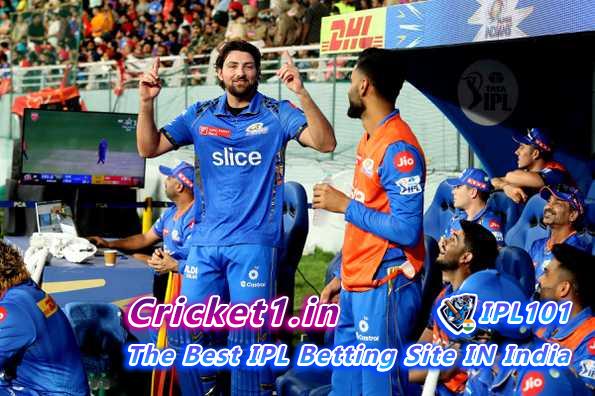
An uncommon event unfolded in Indian cricket during a high-tension match between Punjab Kings and Mumbai Indians on April 18 at Mullanpur, leading to sanctions under the Code of Conduct against Mumbai Indians players Tim David and Kieron Pollard for unauthorized communication from the dugout. The incident has garnered significant attention due to its implications on the integrity of the sport’s regulations.
The crux of the issue lies in the breach of the Indian Premier League’s (IPL) Playing Conditions (PCs), which explicitly prohibit signals being sent from the dressing room or dugout to players on the field. It was observed during the match that signals were potentially being communicated to the batsman, Suryakumar Yadav, who was at the crease during the critical final moments of the 15th over.
As per the regulations stipulated in Appendix D of the IPL PCs, on-field umpires hold discretionary power to reject a player’s request for a review if they believe any form of external input has been received by either the captain or the batsman. This rule is chiefly designed to uphold fairness and prevent any form of undue advantage that might be derived from off-field inputs.
The sequence of events unfolded when Suryakumar Yadav called for a review on an Arshdeep Singh delivery. The urgency and timing of the review, executed at the last possible second, raised suspicions. This prompted rival captain, Sam Curran, to seek clarification from the umpires regarding whether the standard 15-second time limit for invoking a review had lapsed.
Upon careful post-match examination involving umpires Nand Kishore, Vineet Kulkarni, third umpire Nitin Menon, and match referee Sanjay Verma, it was determined through television footage that there was indeed a signal given from the dugout area. Despite these findings, it is crucial to note that Yadav himself was absolved of any wrongdoing as the umpires were confident he did not act upon the signals observed.
Consequently, Tim David and Kieron Pollard were found guilty of a Level 1 offence under Article 2.20 of the IPL’s Code of Conduct related to the incident. Both players admitted to the offence and accepted the sanctions imposed by the Match Referee, which included a fine of 20 percent of their individual match fees. According to the IPL Code of Conduct, decisions made by the Match Referee on Level 1 breaches are final and binding.
This event is of particular significance, not only because it resulted in monetary fines but because it underscores the vigilance of the IPL’s regulatory bodies in maintaining the sanctity and competitive fairness of the game. The effective use of television footage and the consequent actions affirm the league’s commitment to a zero-tolerance policy towards any form of cheating or unethical behavior.
The implications of such incidents are far-reaching. They serve as a stark reminder of the paramount importance of adhering to the prescribed Playing Conditions. Moreover, they highlight the potential effects of instantaneous decisions made in high-pressure situations and their ramifications on the career and reputation of professional athletes.
As the IPL continues to grow in popularity and competitive intensity, the enforcement of conduct rules becomes increasingly critical. Ensuring that all teams and players adhere strictly to these guidelines is essential for the sport’s integrity, fostering a fair and just competitive environment for all participants.

